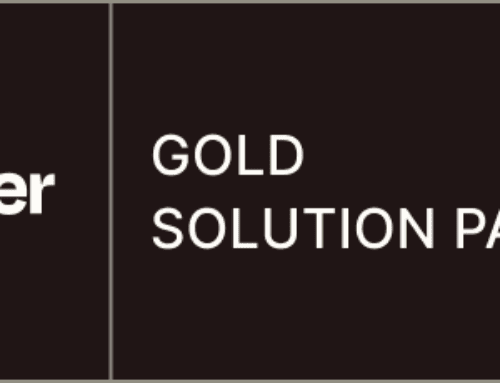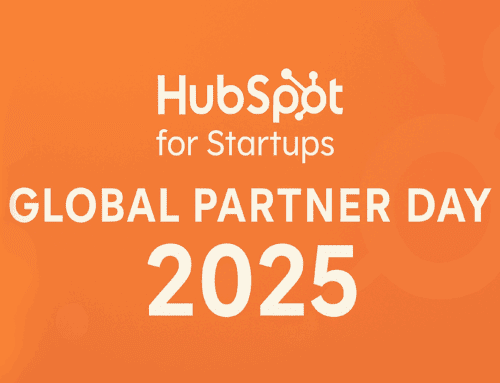Integrating Google Tasks with Notion: A Seamless Workflow
Introduction to Task Management Integration
Ever feel like you’re juggling too many balls in the air when it comes to managing your daily to-dos? If you’re using Google Tasks for scheduling and Notion for note-taking, you’ve probably wished for a way to synchronize them. Well, good news! You can integrate these two platforms to create an automated workflow that just might be the solution to your organizational woes.
This integration allows you to automatically create new entries in Notion based on your Google Tasks, ensuring nothing falls through the cracks. In this article, we’ll dive into why this is beneficial and how you can set it up to make your life a whole lot easier.
Understanding the Benefits of Integration
First things first, why bother with integration? Simple. It’s all about efficiency and organization. By linking Google Tasks with Notion, you’re centralizing your task management system. This means less time spent switching between apps and more time getting things done.
Moreover, automation reduces the chances of missing critical tasks. Since every new task in Google Tasks gets reflected in Notion, you have a comprehensive view of your duties. This clarity helps in prioritizing and executing tasks more effectively, leading to increased productivity and reduced stress.
Preparing Your Tools for Integration
Before you get started, it’s essential to ensure you have the right tools at your disposal. You’ll need a Google account, of course, along with access to Google Tasks. On the Notion side, have your workspace ready. Ensure that your Notion setup includes a database where your tasks can live.
Once that’s covered, you’ll need a third-party automation tool. Platforms like Make (formerly Integromat) offer templates specifically designed for this type of integration. These tools act as a bridge, connecting APIs from both Google Tasks and Notion, allowing them to communicate seamlessly.
Step-by-Step Integration Process
Begin by logging into your Make account. If you haven’t got one yet, sign up; it’s pretty straightforward. Once logged in, search for the template “Create a New Notion Database Items for Every New Google Tasks Item.” This template serves as the starting point for setting up your integration.
After selecting the template, follow the prompts to connect both your Google and Notion accounts. Make will guide you through authorizing these apps, so they can interact. This step is crucial for ensuring data flows correctly from Google Tasks to Notion without any hitches.
Configuring Your Integration Settings
Once connected, you’ll need to configure how your data is handled. This involves specifying which Google Tasks should trigger a new entry in Notion. You might want only specific lists or tasks with particular labels to move over to Notion. Make offers flexibility to tailor these settings.
Similarly, decide on the structure of your new Notion entries — will they include only the task name, or do you want additional details like due dates and notes? Configuring these aspects ensures your Notion workspace remains organized and efficient.
Troubleshooting Common Issues
Even with a seamless integration setup, you may encounter hiccups. One common issue is authentication errors, where Make cannot access your Google or Notion accounts. Double-check your login credentials and ensure proper permissions are granted.
If tasks aren’t appearing in Notion, verify your trigger settings. It could be as simple as a filter not capturing all desired tasks. Also, check for any updates in API permissions that might require re-authentication.
Maximizing Productivity with Automations
With your integration up and running, it’s time to harness its full potential. Start by evaluating your existing processes. Are there other repetitive tasks you perform that could benefit from automation? Consider expanding integrations to other apps like calendar syncs or project management tools.
Automation isn’t just about convenience; it’s a powerful tool to reclaim valuable time. Use it smartly, and you’ll find yourself focusing more on strategic tasks rather than mundane data entry chores, ultimately enhancing your productivity landscape.
Conclusion: Navigate Your Tasks with Ease
The beauty of integrating Google Tasks with Notion lies in its simplicity and effectiveness. By unifying your task management system, you gain clarity and control over your daily responsibilities, leaving more room for creative thinking and problem-solving.
Don’t just take our word for it. Dive into the world of automation and see firsthand how it transforms your workflow. With just a few clicks, you’ve unlocked a new level of productivity that’s sure to make your day-to-day operations run smoother than ever.
FAQs
1. Can I customize which Google Tasks appear in Notion?
Yes, you can specify conditions under which tasks are transferred to Notion. This is typically done during the configuration stage in Make, where you can select particular lists or criteria.
2. Is this integration secure?
Absolutely, security is a priority. The integration uses API connections that require authentication, ensuring only authorized access to your accounts. Ensure you’re using trusted platforms like Make for handling automation.
3. Do I need to manually update anything after setting up the integration?
No manual updates are needed once everything is configured. The integration runs in real-time, automatically updating Notion with new tasks from Google Tasks as per your settings.
4. What if I have issues setting up the integration?
Most platforms offer support and documentation for troubleshooting. If you’re encountering specific issues, consult the resources provided by Make or reach out to their customer support for assistance.
5. Can I use this integration for collaborative projects?
Yes, integrating these tools can be beneficial for team projects, allowing shared visibility and tracking of tasks. Ensure all team members have access to the shared Notion workspace to maximize collaboration.











